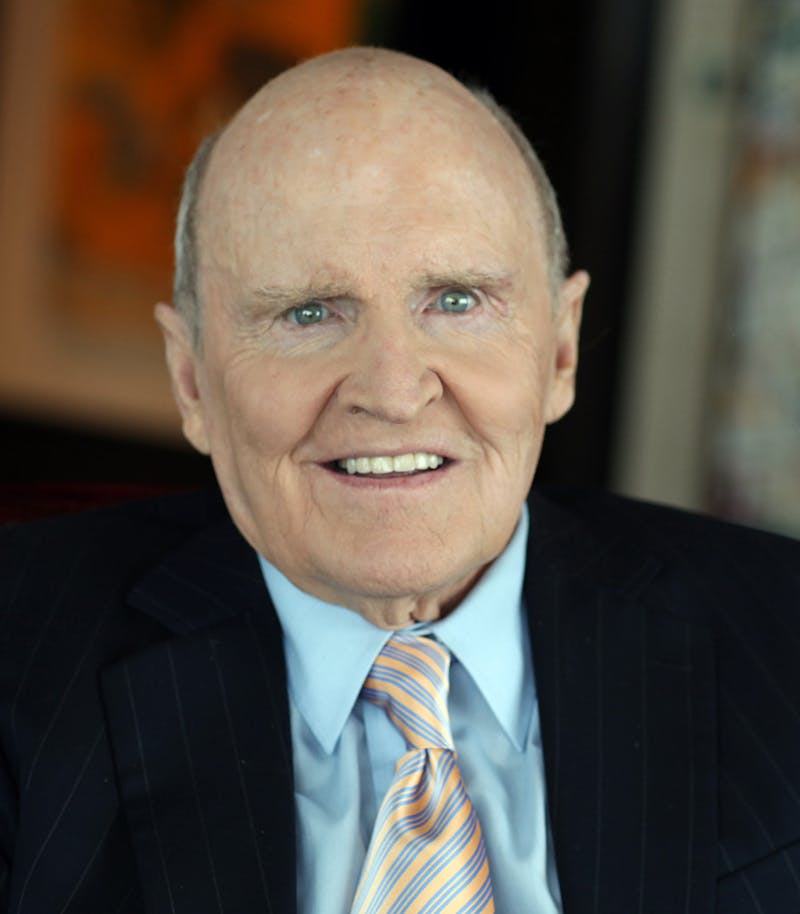It was 3:07 p.m. on Wednesday, Sept. 10. I was in the library with my friends while procrastinating on my homework.
Then, words echoed from a student at a neighboring table: “Oh, my gosh. Charlie Kirk just got shot.”
Skeptical, yet alarmed, I scrambled to social media to verify this unbelievable statement. As all decent people were, I was horrified to learn that statement was correct. Even more horrifying were the gasps from across the library as each student, one at a time, saw a close-up video of Kirk losing his life.
Within three hours, the world learned Kirk was dead, and an assassination had taken place on a public campus. He has been eulogized appropriately by many as the young conservative’s generational voice. His political impact is known widely. It is most clearly seen through the creation and growth of Turning Point USA, which is located on 3,500 college campuses with 650,000 student members.
The message that Charlie Kirk promoted was counter to the mainstream perspectives of politics in the 21st century. He was a champion for socially conservative ideals in an era where national pride has been diminished, marriage rates are falling and Americans are afraid to share their political beliefs.
Kirk’s followers and supporters are in mourning, but none can understand the pain that his wife and two young children will endure for the rest of their lives.
It is this account that makes the reaction from his political enemies especially concerning. I was appalled when a student, whom I previously interacted cordially with for three years, learned he was dead. While having no prior knowledge of the incident, he said, “Couldn’t have happened to a better person.”
The internet bred equally troubling reactions, and some have faced professional consequences for their shameful remarks. A few examples among many include a Carolina Panthers employee, several school and university faculty members, and a New Orleans firefighter, who were all fired from their jobs.
Readers should recall when Kirk once said, “You can tell a lot about a person by how they react when someone dies.”
His opponents will naturally default to sharing out-of-context soundbites to validate such vicious thoughts. There is no point in picking these apart because there is no hope in changing others’ minds when their wrath is so strong. It is impossible to entertain civil discourse or seek common ground when death is cheered.
As the adage goes, “One cannot reason with unreasonable people.” When killing is embraced, efforts to achieve good-faith dialogue and unity are meaningless.
For the Americans who celebrated Kirk’s death, one must wonder how they would react to the suffering of their fellow citizens who agreed with his messages.
A few questions must be asked to all who find joy in Kirk’s suffering: If you find it acceptable for those whom you disagree with to be killed, then how should people who disagree with you react when you suffer? If you cannot spare humanity for Charlie Kirk, can you spare some for his wife and kids? Most importantly, where do your values and morals come from? And how do these align with your reaction to his murder?
Like any political pundit, not one of his supporters would agree with every single opinion he offered, but Kirk was the one who held the microphone. Some may not have admired the manner that Kirk engaged with his fellow Americans, nor the ideas he shared. He did not vote for one piece of legislation or sign one executive order, but he was instead a citizen who offered his opinions to others.
Kirk was the man in the arena of free speech. He was in an arena where millions hated the words he said and the person he was, but Kirk was there out of love for his country, the First Amendment and the marketplace of ideas.
He was murdered inside this arena.
The marketplace of ideas requires a social contract that tolerates disagreement without the threat of violence. As Kirk acknowledged, “When people stop talking, really bad stuff happens.”
We now must hope the marketplace of ideas, which relies on the tolerance of disagreement, did not perish with Charlie Kirk.




The Slate welcomes thoughtful discussion on all of our stories, but please keep comments civil and on-topic. Read our full guidelines here.